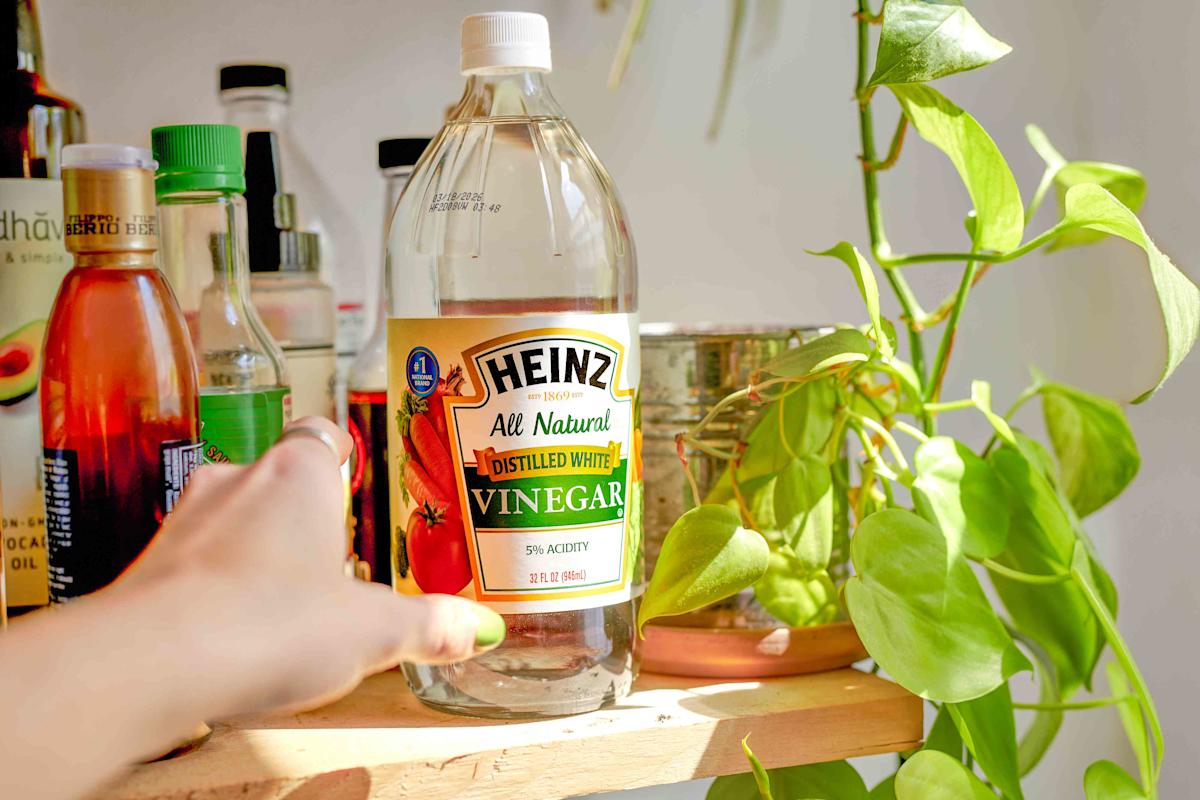Vinegar Danger: The Cleaning Hacks That Could Destroy Your Surfaces Overnight

Vinegar: The Double-Edged Cleaning Companion
Vinegar is a household superhero that can work wonders for cleaning, but it's not without its potential pitfalls. While this versatile liquid is celebrated for its natural cleaning properties, it can also cause unexpected damage if used carelessly.
On the positive side, vinegar is an eco-friendly cleaning powerhouse. Its acidic nature makes it excellent for cutting through grime, removing water stains, and disinfecting surfaces. From kitchen counters to windows, vinegar can tackle numerous cleaning challenges with remarkable effectiveness.
However, proceed with caution. Not all surfaces are vinegar-friendly. Natural stone surfaces like marble and granite can be etched by vinegar's acidity. Hardwood floors, waxed surfaces, and certain appliances can also suffer irreparable damage if exposed to this seemingly innocent cleaning solution.
Before reaching for that bottle of vinegar, take a moment to consider the material you're cleaning. Always test on a small, inconspicuous area first, and research the specific care requirements of your surfaces. What works brilliantly in one scenario could spell disaster in another.
The key is knowledge and moderation. When used correctly, vinegar is a cleaning marvel. When used recklessly, it can become a household hazard that transforms your cleaning efforts into costly mistakes.
